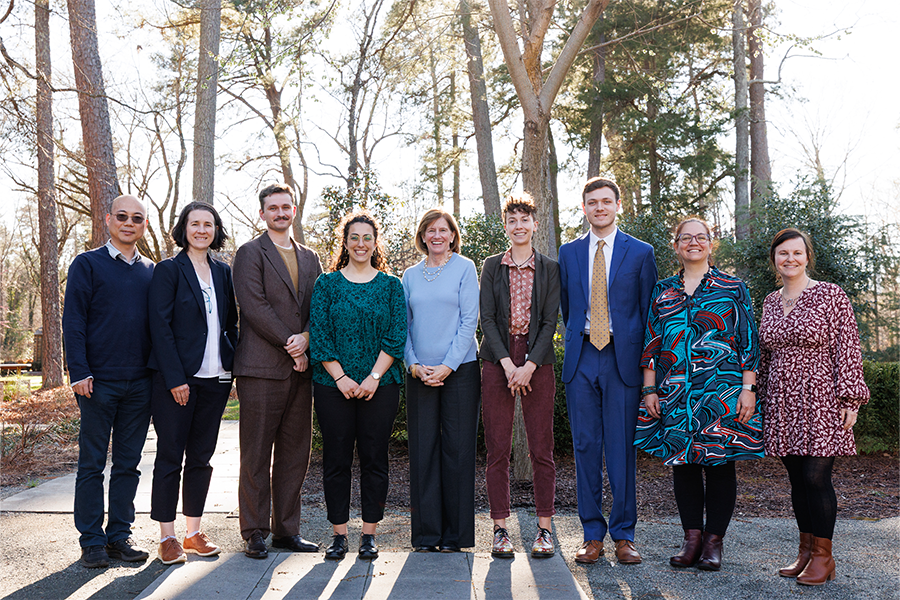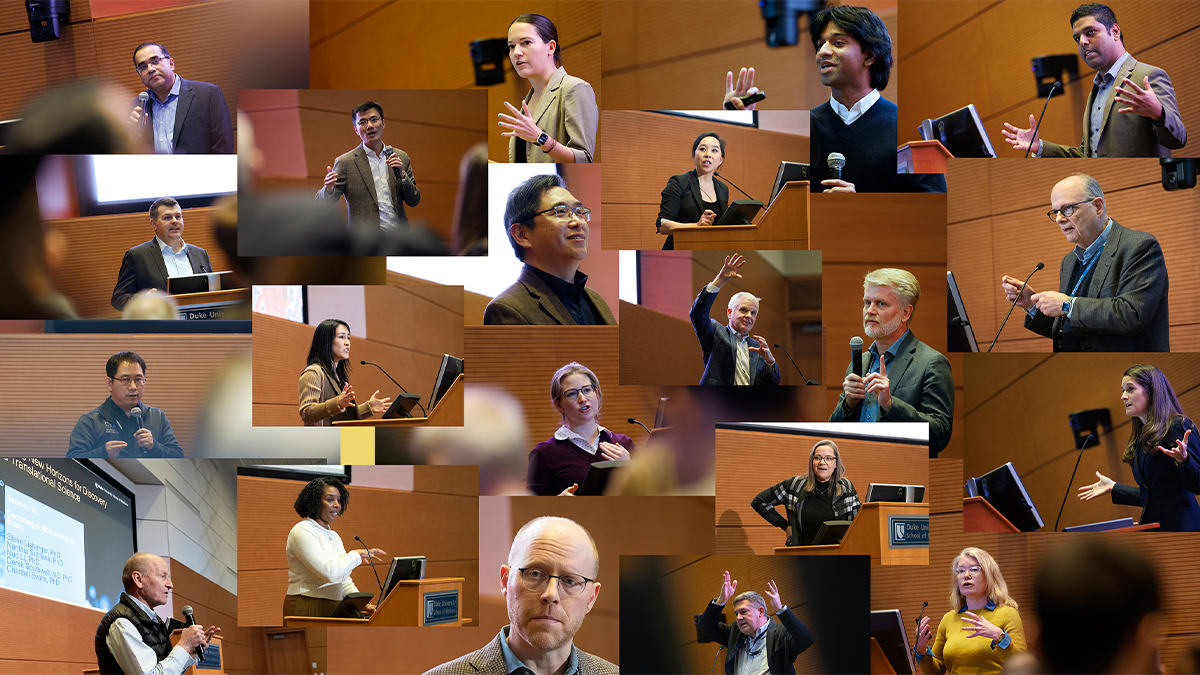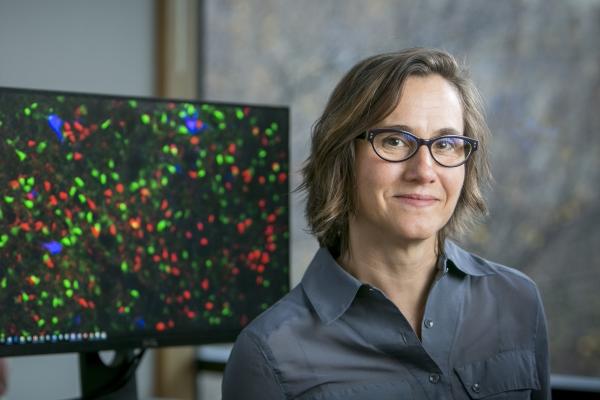Duke School of Medicine Awards Graduate Student Research Excellence
Annual DARE Awards were presented for groundbreaking research in cancer, neuroscience, cell biology and biochemistry.
Discovery Suggests New Possibilities for Treating Nicotine Addiction
Cigarette and other tobacco smoking are responsible for millions of deaths worldwide each year. Nicotine drives addiction to tobacco, and the brain’s reaction to it is complex.
Less Invasive Lung Cancer Surgeries on the Rise, Study Shows
Data reveal a new era of lung cancer surgery—less invasive, more precise, and still life-saving.
Women's History Month: Basic Sciences Spotlights
In recognition of Women's History Month, the School of Medicine highlights just a handful of the women making an impact in the basic sciences.
Duke's Pioneering Research on Climate & Health: A Conversation with Dr. Asiya Gusa
This discussion delves into the groundbreaking research being conducted at Duke University and its profound implications for public health.
Symposium Highlights Cutting-Edge Research
Duke University School of Medicine’s research symposium showcased how discovery science, AI, technology, and translation are driving progress on some of the biggest challenges in biomedical science.
Artificial Sweeteners in Nicotine Pouches May Encourage Use, Study Finds
Hidden sweeteners in oral nicotine pouches mask the sting of nicotine but may entice first-time users and youth consumption.
Fungi: Earth’s Friend and Foe
Duke University School of Medicine researchers reveal how fungi can be both a species-threatening force and a vital part of our ecosystem. From recycling nutrients and trapping carbon to making bread rise and producing antibiotics, fungi are indispensable.
What Comes Next: Integrative Immunobiology
Dr. Raphael Valdivia, the Nanaline H. Duke Distinguished Professor of Molecular Genetics and Microbiology, emphasizes the need to understand the human immune system to address diseases like cancer and neurodegenerative disorders. His research focuses on leveraging AI and genetic engineering to guide immunity, highlighting Duke's strengths in transplant immunology and infectious disease research.
What Comes Next: Neuroscience
Nicole Calakos, MD, PhD, is the Lincoln Financial Group Distinguished Professor of Neurobiology and specializes in synaptic physiology research and Parkinson’s disease and other movement disorders. She highlights the transformative impact of big data, AI, and cell modeling on neuroscience research, emphasizing the potential for advances in regenerative therapies and neural prostheses.









